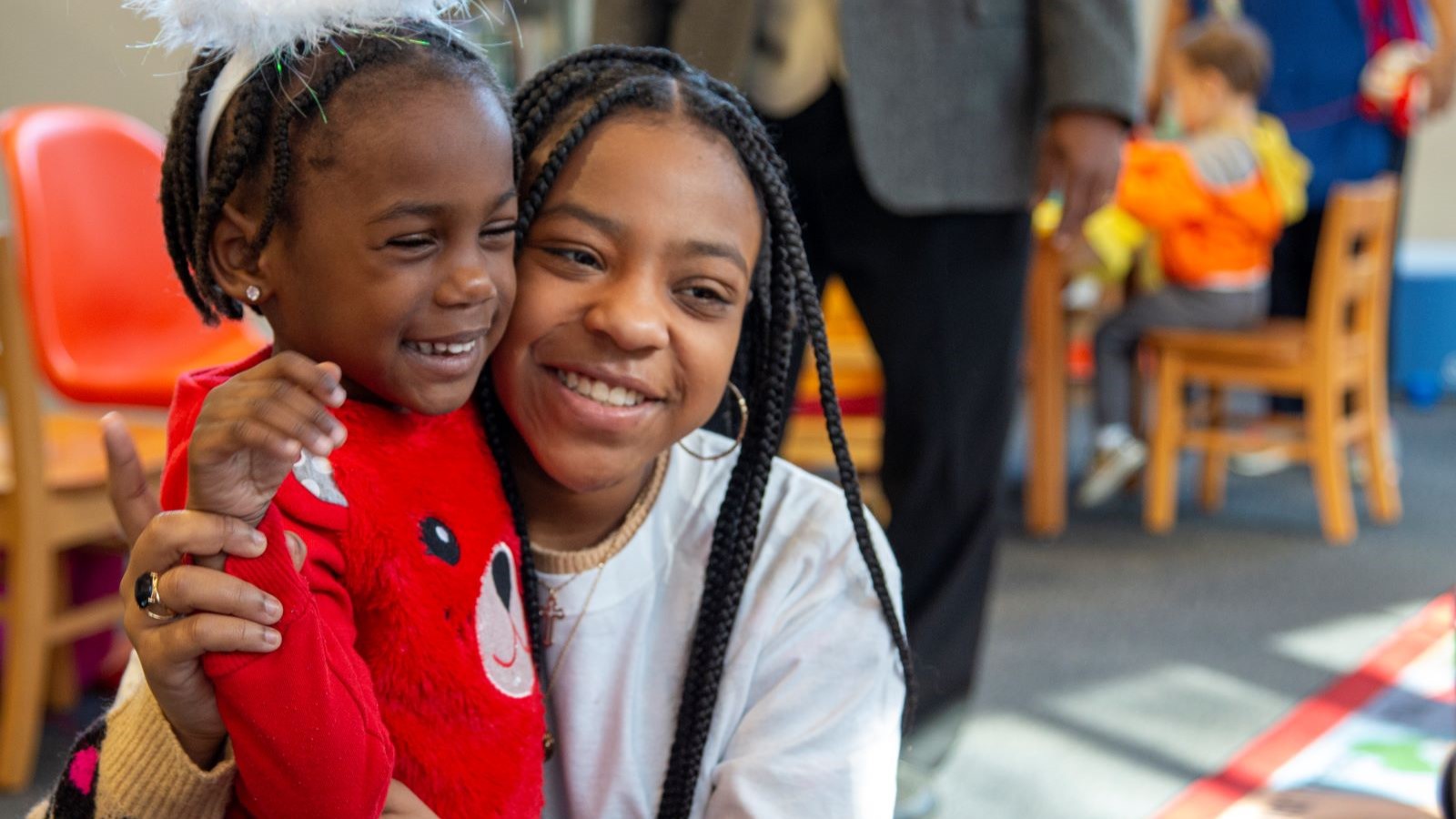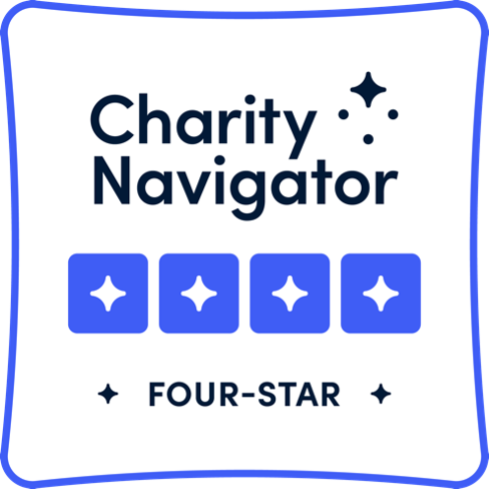You wouldn’t expect to see 125 bears in one day, but stranger things have happened.
Four days a week, children in Clayton County head to different library branches across their community, and each Thursday they go to the library headquarters on Battle Creek Road in Jonesboro.
The library is tucked away in a larger complex of Clayton County government offices, but inside, the building strips away a dull, concrete exterior and opens up to bright, expansive open environment with large windows that let the sun shine in on cold December mornings.
Past the front doors and check-in desk, the library opens up with rows and rows of books, periodicals, archival documents and computers, and toward the back in the left corner, there’s a learning space set up with books, crafts, music and games for children 0 to 5 years old.
This is actually one of United Way of Greater Atlanta’s “Learning Spaces.” About three years ago, United Way saw a need for children who weren’t in a formal childcare setting.
United Way now funds Learning Spaces, a community-based program that meets the needs of children during their early developmental years before they are old enough to attend kindergarten. Learning Spaces is a quality, formal preschool program that occurs in nontraditional places like libraries.
Around 20-40 children and their parents regularly attend this space in the Jonesboro community each Thursday, but Dec. 12 was different from other days.
United Way recently partnered with Build-A-Bear Workshop to give away more than 4,000 bears to children across Greater Atlanta, and on Dec. 12 a bear and book were given to kids in Clayton — those also came along with a special guest reader, United Way spokeskid and actor known for her role as Erica Sinclair on Netflix’s “Stranger Things,” Priah Ferguson.
“Learning Spaces is the opportunity [for United Way] to be able to create a formal preschool learning atmosphere in a nontraditional space,” United Way of Greater Atlanta CEO and President Milton J. Little, Jr. said. “We can always think of learning taking place in a formal center, but in some communities a place like a library is probably the best place because it’s the closest place to where the people live.”
Children begin to learn long before they head to school on the first day of kindergarten. Priah says she is 22 months older than her sister, and while the duo grew up learning together, she always made sure she prepared the younger sibling, even if it was “nothing too major.”
When Priah was first learning to read, she said one of her favorite books was “Llama Llama Red Pajama.”
So, it would be appropriate for Priah to read this book first to the room full of kids Dec. 12. As she turned each of the pages, she read along and showed the photos inside to the rows of children — she managed to fend off little fingers and hands that kept trying to pull down her arm to climb into her lap.
“Reading is very important,” Priah says. “You’ll need reading for literally everything, and it’s such a huge part of life. It can take you far and help you join in on conversations that other people are having.”
It also helps when trying to memorize scripts, the seventh-grader said.
Priah has represented United Way ever since the launch of its Child Well-Being Movement in 2017, Little says. He jokes it didn’t make much sense for some “old, grizzled guy” to be the spokesperson for children.
United Way saw two years ago that, statistically, because of what zip code a child was born into, he or she was handed a disadvantage beyond their control. Through a set of 14 child, community and family measures, United Way calculated at the time a child well-being score of 58.9.
“Our idea is that the zip code where you live shouldn’t matter to how well prepared you are for school, how you succeed in school and how you succeed in life,” Little says. “You should be able to succeed no matter where you live, and we want to provide every opportunity to be able to do that.”
On May 9, United Way announced the regional child well-being score had improved to 61.8, which represents a change in the lives of 82,000 children. Programs like Learning Spaces helped aid in this improvement, too.
United Way was able to take data from the child well-being index and focus programs like Learning Spaces in zip codes where children “need a little extra help to be able to perform and succeed,” Little says.
The partnership with Build-A-Bear helps address reading scores in places like Jonesboro where the score for children exceeding third-grade reading standards in the 30236 zip code is 20.3 compared to 44.1 regionally, which is still considered a failing grade.
The bears are more than just a cute stuffed animal for children to play with. The bears act as reading buddies for the kids — children read to their stuffed animals and also create stories. These communication skills lay the groundwork for reading and writing.
“We want to once again provide an opportunity to stress the importance of learning and stress the importance that learning can’t ever take place too soon,” Little says. ”Every one of us… has the opportunity to be a teacher and can do it in a real and meaningful way.”
To give to Greater Atlanta’s children in a real and meaningful way, donate to the Child Well-Being Impact Fund.





